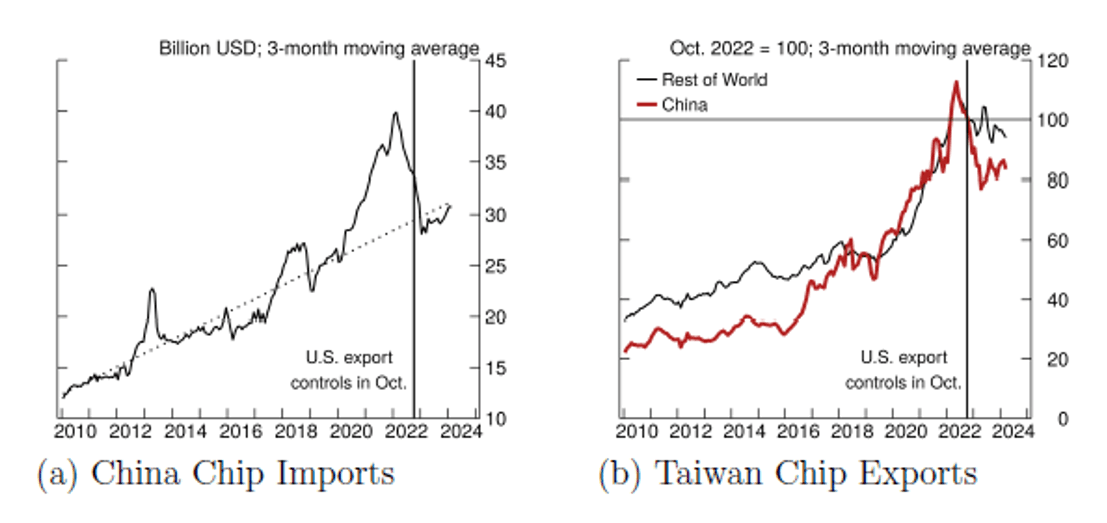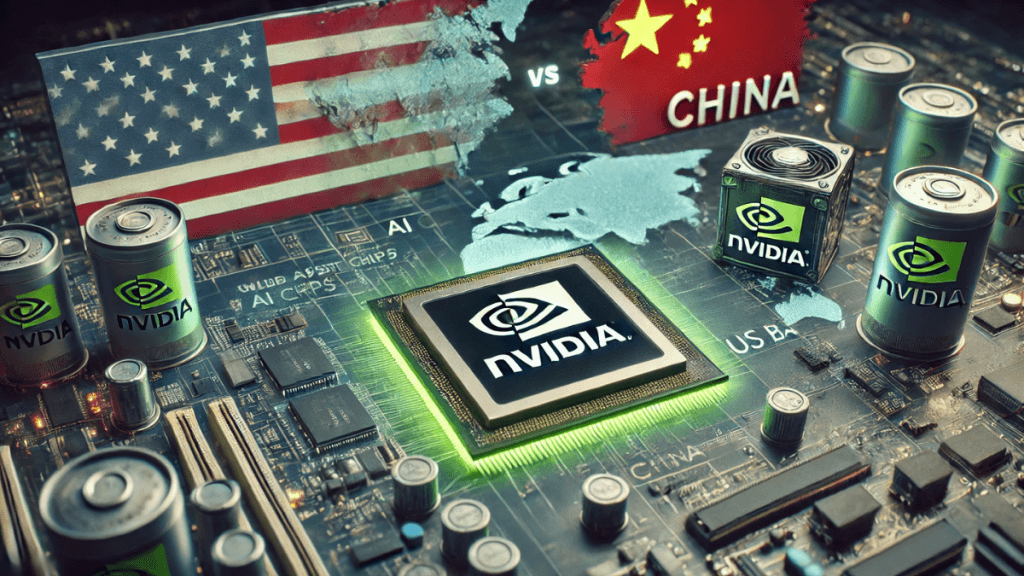Bipartisan Bill Bars CHIPS Recipients From Buying Chinese Equipment
A bipartisan group of lawmakers filed legislation to block CHIPS Act grant recipients from purchasing Chinese made chipmaking equipment for 10 years, a move aimed at tightening controls over federally subsidized semiconductor production. The proposal could reshape procurement for U.S. fabs, intensify scrutiny of supply chain risks, and set the stage for companion legislation in the Senate.

Lawmakers in the U.S. House introduced legislation on November 20, 2025 that would bar recipients of CHIPS Act grants from purchasing Chinese made chipmaking equipment for a period of 10 years. The proposal, filed by Representative Jay Obernolte of California and Representative Zoe Lofgren of California, targets a broad array of tools used in semiconductor fabrication, from advanced lithography machines to wafer handling systems, reflecting longstanding concerns about technology transfer and national security.
The measure is intended to tighten safeguards around investments made under the CHIPS Act, the federal program launched to rebuild domestic semiconductor manufacturing and reduce dependence on foreign sources. Reuters reported that senators Mark Kelly of Arizona and Marsha Blackburn of Tennessee have indicated plans to file companion legislation in the Senate, signaling that the issue may move through Congress with bipartisan momentum.
Supporters of the bill argue that restricting purchases from Chinese made suppliers will reduce risks of inadvertent transfer of sensitive capabilities and limit exposure to supply chain disruptions tied to geopolitical tensions. The CHIPS subsidies have helped finance new fabs and expansions across the United States, and backers say the federal dollars should not underwrite equipment that could ultimately compromise critical technology.
Industry officials and supply chain analysts are likely to weigh the practical effects of the restriction. Semiconductor manufacturing relies on a global network of specialized equipment makers and parts suppliers. Limiting eligible purchases to exclude Chinese made equipment could force recipients of federal grants to seek alternatives, potentially raising costs or creating bottlenecks as U.S. fabs turn to non Chinese sources. The bill does not itself address how shortages or procurement delays would be mitigated, but it follows a string of recent congressional and executive measures to curb certain exports and reduce vulnerabilities in advanced semiconductor supply chains.
The proposal arrives amid intensified scrutiny in Washington over the strategic implications of semiconductors, which are essential to everything from consumer electronics to military systems. Lawmakers have repeatedly cited concerns that access to advanced tooling and intellectual property could enable adversaries to close technological gaps or exploit manufacturing channels for malicious purposes. The new bill would institutionalize a 10 year restriction for recipients of federal CHIPS subsidies, making the policy element a statutory condition on grant funds.
Legal and implementation questions remain. Enforcement mechanisms, definitions of what constitutes Chinese made equipment, and exceptions for third party components will be critical details as the legislation moves forward. The presence of Senate sponsors suggests a coordinated push to resolve those issues at the committee level.
As debate unfolds, companies seeking CHIPS grants will need to assess how the proposed restriction would affect procurement strategies and project timelines. With Congress and the administration already focused on reshaping semiconductor policy, the bill marks the latest effort to align industrial policy with national security concerns while attempting to preserve the momentum of reshoring advanced chip manufacturing.


